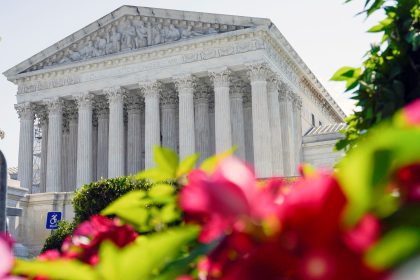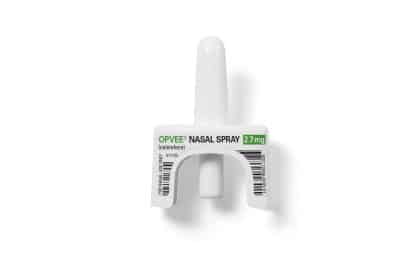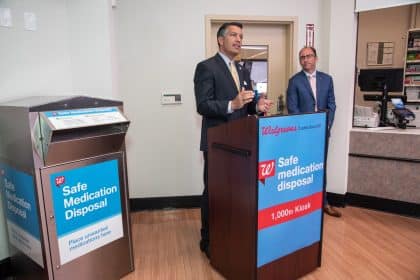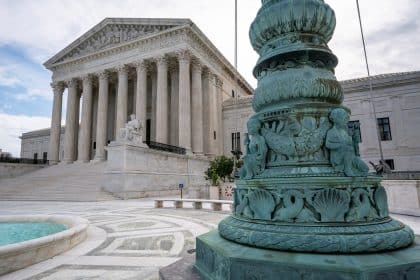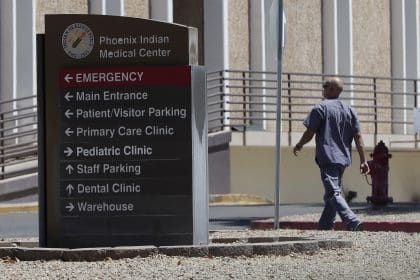Senate Seeks New Strategy in Opioid Crisis
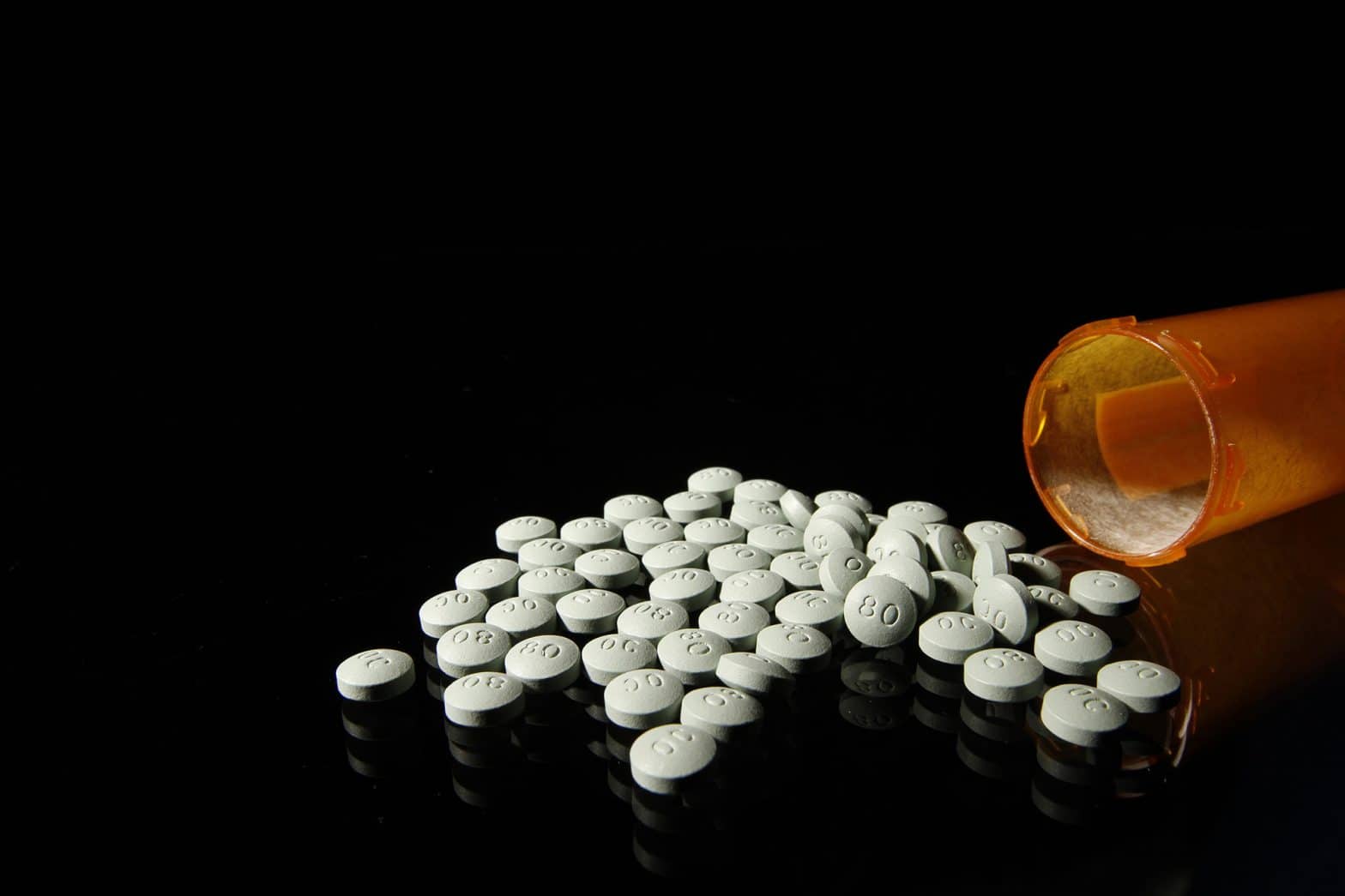
WASHINGTON — Only days after the Justice Department announced successful prosecutions of drug runners and seizures of huge stashes of illegal opioids, Sen. Susan Collins, R-Maine, said what was on everyone’s mind at a Senate hearing Tuesday.
“I think we have to face the unpleasant truth that what we’re doing is not working,” said Collins.
U.S. deaths from opioid overdoses reached a record of more than 100,000 last year, aggravated by the despair brought by the COVID-19 pandemic, according to health experts who testified at the hearing.
This year, the statistics are not much better, despite multibillion-dollar federal and state efforts to stop what the Centers for Disease Control and Prevention is calling a public health crisis.
The Senate Health, Education, Labor and Pensions Committee held a hearing Tuesday to help figure out a better strategy to confront the opioid crisis. Their decisions are supposed to be incorporated into the Biden administration’s budget proposal for illegal drug interdiction and treatment.
The president proposes spending $42.5 billion for National Drug Control Policy agencies in fiscal 2023, an increase of $3.2 billion over this year.
In addition to drug treatment, “The budget also includes an increase in funding for efforts to reduce the supply of illicit drugs like fentanyl and stop drug trafficking,” a White House statement said.
The CDC estimates that three-fourths of overdose deaths are caused by opioids like the powerful painkiller fentanyl. Two milligrams of it can be fatal.
The Senate committee wants to avoid previous problems of throwing money at a problem without striking at the core of it.
“Think about that, fentanyl deaths for teenagers more than tripled in two years,” said Sen. Patty Murray, D-Wash., chairwoman of the Senate HELP Committee.
She blamed a weak game plan rather than a lack of effort.
“We are seizing more fentanyl pills than ever before,” she said about the illegal drug trade. Still the problem persists.
She and other senators want to keep the anti-drug law enforcement program but add more mental health treatment for persons either addicted to or considering using the drugs.
About 130 million Americans live in places where there is a shortage of mental health care providers, Murray said.
Christopher Jones, the CDC’s acting director of its National Center for Injury Prevention and Control, suggested a multipart plan that relies heavily on social programs. It would use a public awareness campaign advising of fentanyl’s dangers, more substance abuse treatment and measures to prevent childhood emotional trauma linked to drug use.
“This is a complex issue that requires a coordinated approach,” Jones said.
Kemp Chester, a policy adviser for the Office of National Drug Control Policy, said law enforcement should shift more of its efforts toward interrupting the finances of the drug trade rather than just stopping it at the border.
“What we’re dealing with is a global illicit business,” Chester said.
When the money for the drug trade is blocked, the drug trade stops, he said.
Sen. Bill Cassidy, R-La., blamed many of the illegal fentanyl supplies on a few manufacturers in Wuhan, China, that ship their drugs into the United States through Mexico.
“When I went to the border, I saw this big cage of illegal drugs,” Cassidy said. “I said, ‘How much do you think you’re getting?’”
The law enforcement personnel told him they stopped about a third of the drugs.
Meanwhile, the war on drugs continued outside the halls of Congress.
Last week, the Justice Department announced that it shut down a small fentanyl manufacturing plant near Seattle, Washington. Two local residents had imported manufacturing components from China that could produce 3,000 opioid pills per hour.
Two days earlier, the Drug Enforcement Administration arrested two men in Los Angeles, California, who were carrying about 100,000 pills containing fentanyl. The pills were discovered in wrapped bundles in their car, along with a handgun and 50 rounds of ammunition.
The DEA reported that it seized 20 million fake pills and 15,000 pounds of fentanyl last year, enough for 440 million lethal doses.
Tom can be reached at [email protected] and @TomRamstack

















